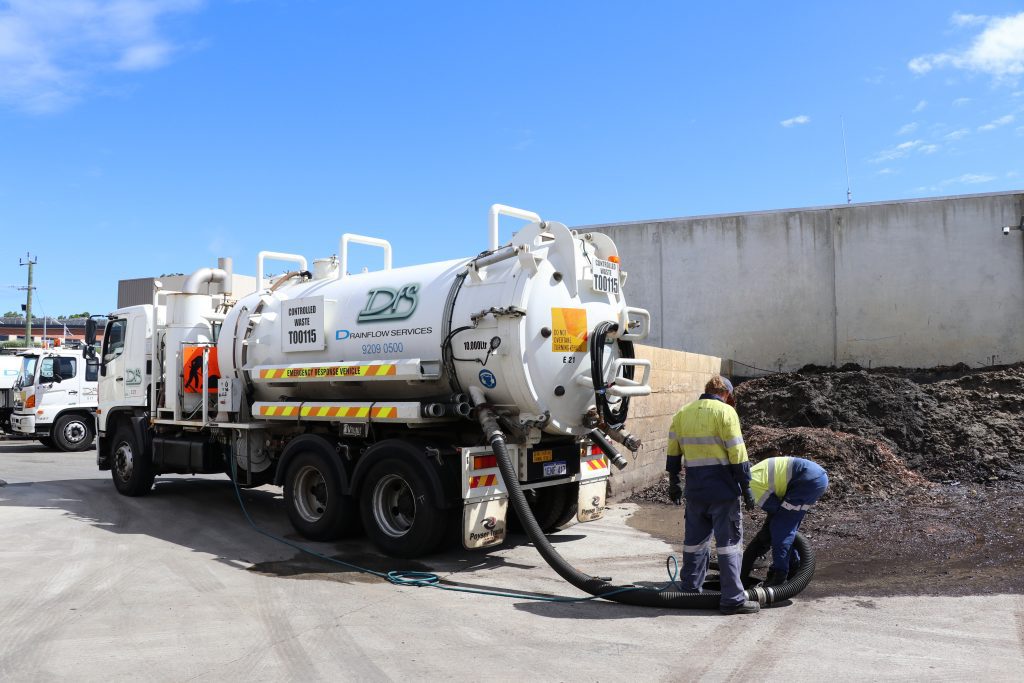Get This Report about Reclaim Waste
Get This Report about Reclaim Waste
Blog Article
Reclaim Waste Things To Know Before You Buy
Table of ContentsReclaim Waste Things To Know Before You Get ThisSome Known Questions About Reclaim Waste.The Main Principles Of Reclaim Waste The Ultimate Guide To Reclaim WasteThe Ultimate Guide To Reclaim Waste
Discover the types, events, and kinds of fluid waste. Residential sewage waste describes the waste and items from a household septic tank. This type of waste is developed by humans in homes, institutions, and various other buildings. This only consists of septic tanks that have a drain area. The correct management and disposal of domestic sewer waste require liquid waste to be moved to a sewer treatment plant where the correct techniques and equipment are put on cleanse and throw away waste.
Commercial waste commonly includes potential threats, such as combustible materials or a mix of fluid and strong waste items, and needs an advanced and detailed disposal process. The disposal of industrial waste normally involves the purification of waste before transportation to make certain safe and correct disposal. Hazardous waste is produced from results and overflow of commercial processes and manufacturing.
This type of waste can not utilize the very same sewage monitoring transport or processes as septic or business liquids. The industrial waste management process requires the inspection and screening of fluid waste prior to it goes through the disposal process (liquid waste removal). Drainage waste is the fluid waste that originates from overflow and excess stormwater in extremely populated areas or cities
Runoff waste can cause contamination and flooding otherwise managed appropriately. Discover more concerning sewage system cleaning and waste administration. Ensuring appropriate waste monitoring can protect against calamities and lower environmental injury. Both people in residential settings and professionals in commercial or manufacturing industries can take advantage of recognizing the processes and policies of liquid waste monitoring.
Some Known Facts About Reclaim Waste.
Call PROS Solutions today to find out about our waste administration and disposal solutions and the proper methods to care for the liquid waste you produce.
(https://soundcloud.com/reclaimwaste1)This supposed 'wastewater' is not only a vital source yet, after treatment, will be launched to our land, rivers or the ocean. Made use of water from toilets, showers, baths, kitchen sinks, laundries and commercial procedures is understood as wastewater.

water used to cool machinery or tidy plant and tools). Stormwater, a type of wastewater, is drainage that streams from farming and metropolitan locations such as roofing systems, parks, gardens, roadways, courses and gutters right into stormwater drains, after rain. Stormwater streams untreated straight to regional creeks or rivers, ultimately reaching the sea.
What Does Reclaim Waste Do?
In Queensland, the majority of wastewater is dealt with at sewage treatment plants. Wastewater is carried from residential or industrial sites through a system of sewage systems and pump stations, known as sewerage reticulation, to a sewer treatment plant.
The Division of Natural Resources advises neighborhood federal governments about handling, operating and keeping sewage systems and therapy plants. In unsewered locations, neighborhood federal governments may call for householders to set up private or household sewer therapy systems to treat residential wastewater from bathrooms, kitchen areas, shower rooms and laundries. The Division of Natural Resources authorises using home systems when they are shown to be reliable.
In some new subdivisions, therapy of some stormwater to eliminate trash, sand and crushed rock has actually begun utilizing gross toxin traps. Wastewater therapy occurs in 4 phases: Removes strong matter.
Uses small living microorganisms understands as micro-organisms to break down and get rid of staying dissolved wastes and fine particles. Micro-organisms and wastes are incorporated in the sludge.
The Only Guide to Reclaim Waste
Nutrient elimination is not readily available in all sewer treatment plants due to the fact that it their explanation needs pricey specialized devices. It is ending up being a lot more typical in Queensland. Clear fluid effluent created after treatment may still contain disease-causing micro-organisms. If this effluent is launched into rivers such as rivers or the sea, the micro-organisms will eventually die out.

The majority of wastewater flows into the sewage system. Under the Act, neighborhood governments provide approvals and licences for environmentally appropriate activities (Periods) entailing wastewater launches that could have a regional effect.
Reclaim Waste Can Be Fun For Everyone
Or else, samples are considered research laboratory analysis. Frequently several examinations are needed to develop the degrees of each of the different toxins such as oils, hefty metals and chemicals in water. Surveillance offers accurate info about water high quality and can verify that licence problems are being satisfied. The info acquired with surveillance supplies the basis for making water quality choices.
Report this page